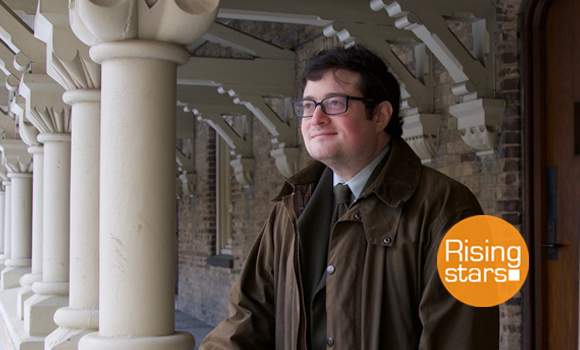An art historian, Bear is interested in the sociology of knowledge, in particular, how people in different historical periods become convinced that what they are looking at is real.
Bear’s passion is how works of photography are received, rather than how they are produced. His first book, Disillusioned: Victorian Photography and the Discerning Subject, recently won the prestigious 2016 Historians of British Art book award for a post-1800 subject.
“I’m interested in the skills people develop or have imposed upon them to make sense of visual representations,” said Bear, an associate professor in the Department of History of Art in the Faculty of Arts & Science. “In the past three months terms like fake news and alternative facts have become common. This new vocabulary makes us aware that these questions are important and are relevant to what makes a citizen informed about his or her place in the world.”
Photos don’t tell us much; supplementary information is key
For example, during President Trump’s inauguration, questions arose about the size of the crowd in attendance and photos were used to support the conclusions. Unsurprisingly, Bear received a number of emails as events unfolded.
“In our culture, visual representation and its relation to evidence, proof and the truth may be difficult to sort out,” he said. “Photographs themselves don’t tell us very much; supplementary information is key. The idea that there is smoking gun proof from a photo is problematic.”
Given the timeliness of this subject, this year’s Historians of British Art book award was all the more appropriate.
People have expectations for photographs to be an impartial reflection of the real world
“I had no idea that I was being considered at all,” Bear said. “It’s a nice surprise. The main benefit is recognition. It will allow my book to reach a wider audience and I hope it will open doors for research.”
The book, which grew out of his doctoral research, explores “why people are compelled to believe certain kinds of images and not others. Photography seemed like a good place to start, because people have heightened expectations for photographs to be an impartial reflection of the real world, and we know that’s not true.”
Bear took a trip back in time to the beginnings of photography as a medium to compare what sense people make of photos compared to older, more traditional media such as painting.
Historical paintings created before photography provided a public record of battles and events
He is currently exploring historical paintings created before photography was invented and how they provided a public record of battles and other historical events.
“In the first quarter of the 19th century, historical paintings go from being the most important genre of painting to almost invisible,” Bear said. “Eventually, objects used in battle or live testimony from that battle seemed more immediate to viewers than paintings of them. My hypothesis is that they became less important because they don’t give viewers the same proximity to the past that other kinds of evidence do.”
Bear didn’t set out to become an art historian. Growing up outside New York City, he had access to an abundance of museums and loved the art he experienced. As he earned his bachelor’s degree in literature, Bear realized that his essays focused largely on the visual elements in the stories. He began incorporating art history courses into his curriculum and moved on to study art history at the graduate level at Columbia University.
“By then, I had some sense that I was interested in modern art,” Bear said. “19th century art provided me with a way of thinking about the origins of technological and social movements that seemed to offer a way to get sense of our own culture and moment.”

This story was originally published on the University of Toronto Arts & Science News Site (Feb. 24, 2017)


